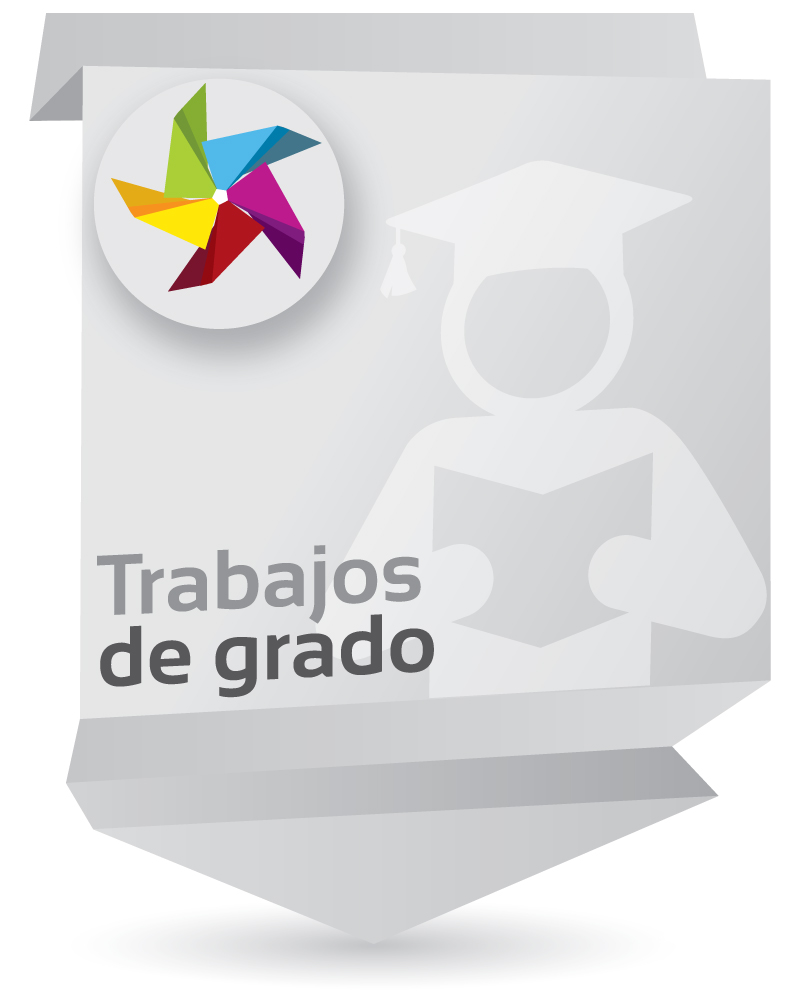Confianza relacional docente-estudiante al interior de la Institución Educativa

View/
Item Links
URI: http://hdl.handle.net/10818/51578Compartir
Statistics
View Usage StatisticsMetrics
Bibliographic cataloging
Show full item recordAsesor/es
Sandoval Estupiñán, Luz YolandaDate
2022-05-11Abstract
La confianza relacional ha sido identificada como un elemento central en las relaciones que se establecen entre docentes y estudiantes, posee un carácter dinámico y está en el corazón de la mejora escolar. El objetivo del presente estudio consistió en analizar la confianza en la interacción docente – estudiante al interior de la institución educativa, desde una perspectiva relacional. La metodología de investigación se desarrolló bajo un enfoque mixto -cuantitativo y cualitativo-, se optó para el análisis de resultados por un diseño general explicativo secuencial y la técnica empleada fue la encuesta estructurada. El estado de conocimiento realizado sobre la confianza en la escuela en los últimos veinte años permitió establecer que este fenómeno educativo, ha sido poco explorado a nivel global y ha tomado fuerza en los últimos cinco años. En Colombia la investigación en este campo es escasa. Este objeto de conocimiento aporta una conceptualización sobre la confianza en el ámbito educativo profundizando en la confianza relacional, sus facetas, condicionantes y en el poder transformador de la relación docente – estudiante. En los principales resultados se encontró que, tanto desde la perspectiva de los docentes como de los estudiantes, la benevolencia es la faceta seleccionada como la que genera los niveles más altos de confianza. Las honestidad y previsibilidad fueron las facetas priorizadas, la primera por estudiantes y la segunda por docentes, como aquellas que generan menos niveles de confianza en las Instituciones Educativas objeto de estudio. La faceta de benevolencia fue asociada como uno de los condicionantes más generadores de confianza. En relación con los docentes, se identificaron más condicionantes vinculados a la faceta de honestidad. The relational trust has been identified such as central element between the students and
teachers’ relationship because it has a dynamic character, and it is the principal reason of the
scholar improvement. The specific objective of this study resides in to analyze the confidence
inside the teacher – student interaction, lived in the Educational School since a relational
perspective. The research methodology was developed by a several approaches – quantitative
and qualitative forms. To describe the data analysis, it opted to design a sequential general
explanation about the confidence inside the school in the latest twenty (20) years; the data
collection chosen to this study, was the structure survey. The Knowledge state made about the
confidence inside the school, allowed to establish this educational phenomenon as a global level,
was explored in a few times, but it has a strength the last five (5) years. In Colombia, the
confidence inside the school investigation is scanty. This object of knowledge contributes to
conceptualize about the confidence inside the educative field, deepen between the relational
confidence with its facets, conditions, and the effective power of transformation inside the
teacher-student relationship. In the principal investigation results, it founds that since the
teachers as student perspectives, the benevolence is a selected facet that generates highest levels
of confidence. The honesty and the predictability were the priority facets that generates the
confidence between teachers and students: the first one, was chosen by the students and the
second was chosen by the teachers; it was selected by the educative communities that was object
of this investigation. The benevolence facet was associated as one of the big generates of
confidence, between the teachers and students’ relation. The teachers were identified with the
honesty facet, that facilitates their works in the classroom. It concludes that the relational
confidence is a principal strategic factor that can develop and improve the educational quality in
Colombia. Is necessary to follow the confidence as a part of learning and teaching process and to
advance in the comprehension of confidence inside the school and it impact in the learning
results, inside the cohabitation and climate scholar in the educational process and improve the
school process.

















